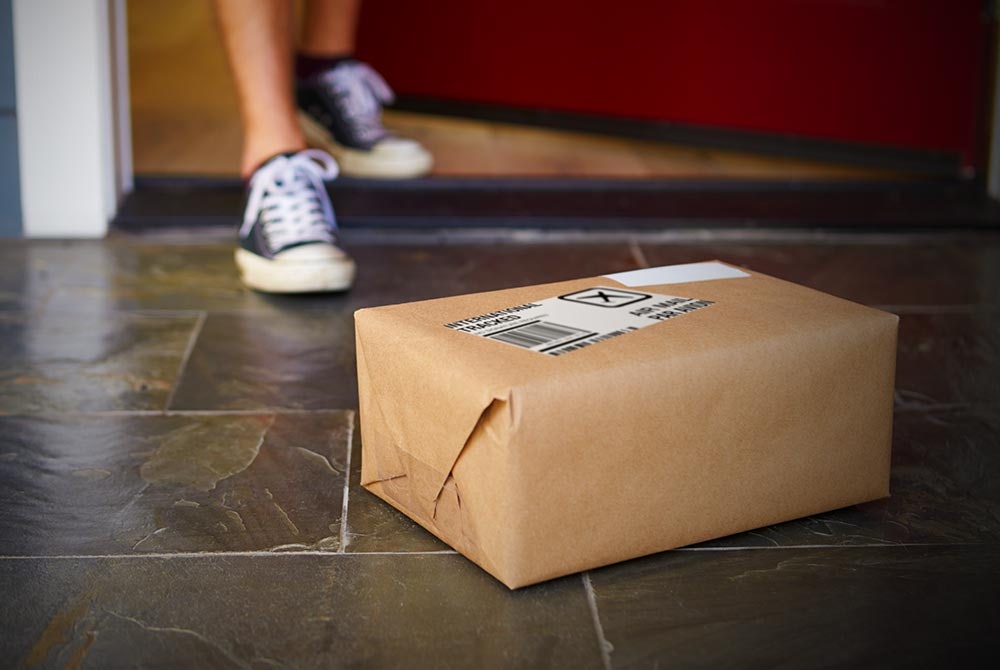- What is a Brushing Scam's Benefit for Retailers?
- Why Need to Know What Brushing Scams Are
- What to Do If You Received Package You Didn't Order
A brushing scam is a tactic companies use to get their online product a variety of positive reviews without actually having to sell it to people or ask them to review it. Instead, companies send unsolicited packages to consumers rather than reaching out to people and asking them to try their product then leave a review.
Afterward, the company impersonates these customers and writes a fake review to promote the product online (usually on Amazon). Some people are excited about random free stuff at their doorstep, especially if it means free merchandise. However, if you never ordered the package, you should be wary of its contents and how the seller discovered your personal information.
In brushing scams, a random company has enough of your personal information to send you something without your consent. Yes, they're just writing reviews, but who knows what other scam tactics they'll use next.
What is a Brushing Scam's Benefit for Retailers?
Companies like Amazon thought they were ending the era of fake product reviews when they enabled the "verified buyer" requirement to leave a review.
Yet, retailers found a way to beat the system by sending their products to random people hoping to avoid being reported. There are a couple of reasons why a company might do this:
- The retailer might be selling a low-quality product; they know they'll likely receive a range of negative reviews, but they want to counteract it with more positive reviews of the product.
- They don't have a lot of reviews on a product and want to inflate the number of positive reviews to compel buyers to purchase their product.
Why Need to Know What Brushing Scams Are
If you've ever received a mysterious amazon package in the mail, you may want to double-check that your online accounts haven't succumbed to any data breaches. These companies might only be writing reviews to boost product sales, but there's also a high possibility they're selling this data to other parties as well.
Scammers know no limits and are always looking for the next best way to steal money or data from consumers. Today, you might receive a free package as part of a brushing scam, but tomorrow, you might notice several unauthorized charges on your bank account. You could also become a victim of identity theft, which can result in thousands of dollars lost.
Additionally, you shouldn't be okay with bad actors impersonating you to help promote products via online reviews. This is harmful to other people who may purchase the product only to realize they wasted their money.
What to Do If You Received Package You Didn't Order
If you do find yourself a victim of a brushing scam and receive unsolicited packages, there are a few steps you should take to ensure your safety and protect your privacy.
- Check the return address on the package. Research the company or product and try to locate the bogus review made in your name. E-commerce giants like Amazon or eBay will take fraud claims and get the review removed from their platform.
- Decide what you want to do with the package itself. You have no obligation to pay for the product because you didn't order it. Instead, you can decide what to do with the package, whether you want to keep it, throw it away, or send it back.
- Update your passwords for any of your accounts with personally identifiable information. We also suggest you close any accounts you no longer use. This can help you avoid future data breaches.
- Regularly monitor your bank accounts and credit reports, so you'll notice right away if any suspicious activity occurs.


Comments